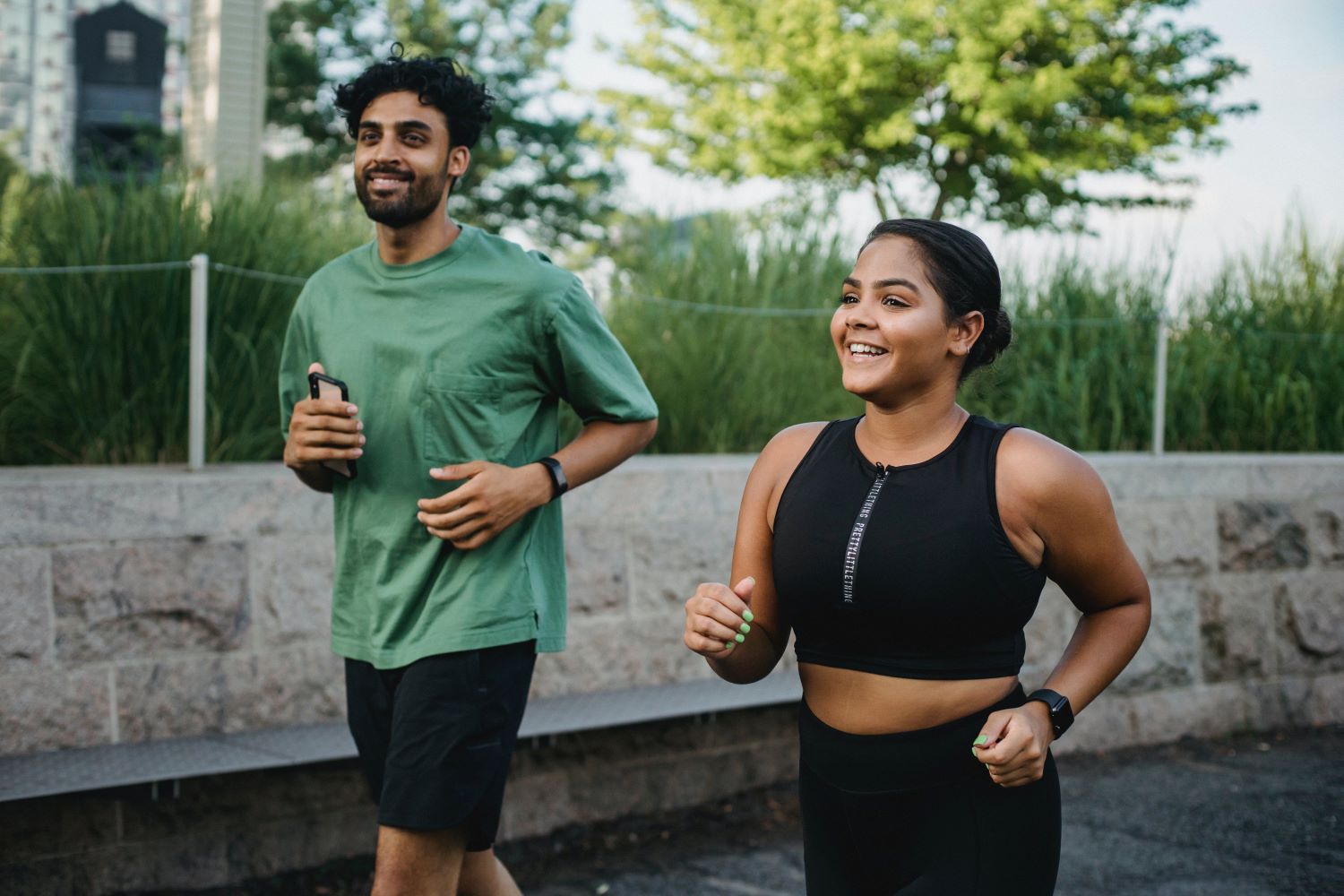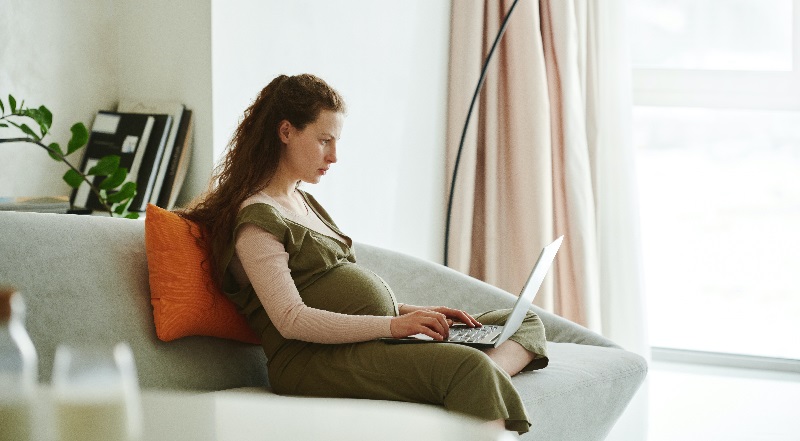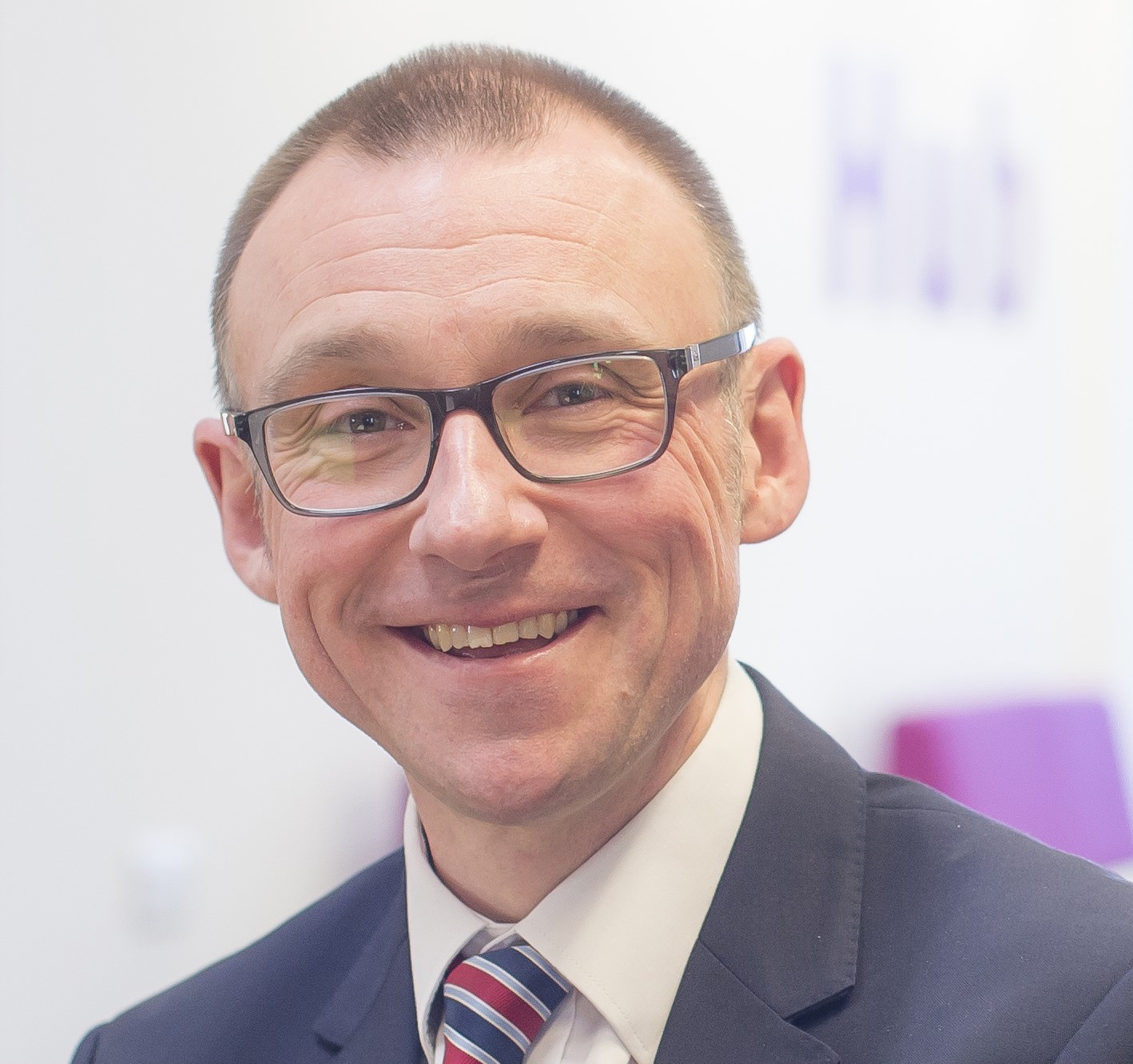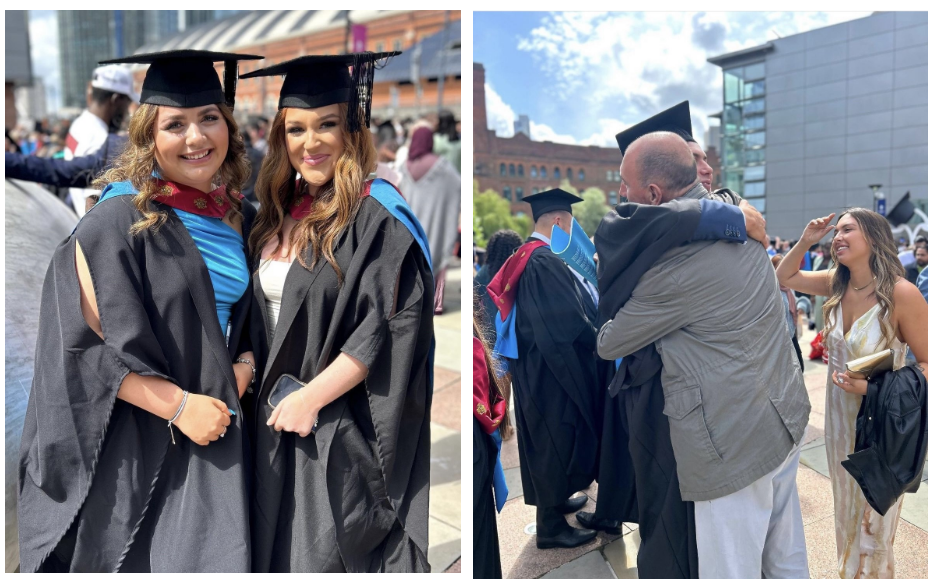Opinion | Monday, 17th May 2021
Improving access to visual arts post COVID-19
As arts and cultural venues re-open Professor Amanda Ravetz and artist R.M. Sánchez-Camus discuss why it’s timely to re-think access to visual arts

By Professor Amanda Ravetz, from Manchester School of Art at Manchester Metropolitan University and R.M. Sánchez-Camus, Social Producer at Axisweb and Social Art Network, and lead artist on the SAFEDI fellowship
The COVID-19 pandemic has had a big impact on the visual arts industry, with arts and cultural institutions being forced to close their doors for a long time. With arts organisations now re-opening as part of the government’s roadmap to lifting lockdown restrictions, it is the perfect time to re-think how the visual arts industry can improve access and broaden their audiences – to ‘build back better’.
Research by Arts Council England shows that the arts and visual arts industries are failing to reach people in terms of Equality, Diversity and Inclusion (EDI).
Before the pandemic, there was already a self-reflexive inquiry happening within arts and cultural organisations in terms of what they want to represent and how they’re relevant. Cuts to arts funding across the UK combined with an increase in interest in participatory and socially engaged arts, has helped further this inquiry in terms of what organisations choose to represent and how this keeps them relevant.
The pandemic has brought this conversation into the forefront because of the equality issues that have become apparent during lockdown. This includes the Black Lives Matter movement, issues around social injustice, racism and decolonising cultural institutions.
Art Fund’s 2020 survey Covid-19 Impact, Museum Sector Research Findings revealed the number one concern for arts and cultural institutions upon reopening is to attract audiences again.
Large arts organisations want to recover audiences through engagement programmes, but they often do not have a set of guidance or criteria on ethics and safeguarding to help them to achieve this; or if they do they are usually written by administrative and managerial staff without consulting those who may be affected.
Arts organisations are not managing to open their doors to everybody, or display works that a lot of people would want to see or would recognise as their kind of culture.
They are in desperate need of reformatting and reconsidering themselves. By listening to the people who are experiencing barriers to culture and creativity, they can start to become more relevant.
It is therefore incredibly timely to be able to offer the SAFEDI fellowship and the research behind this. This fellowship will be offered by Arts and Humanities Research Council (AHRC) in conjunction with Axisweb, Social Art Network (SAN) and four artist scholars from the Department of Art and Performance at Manchester Metropolitan. We hope it can change the way we think about what it means to walk through the door of a gallery, theatre or exhibition space and what might happen inside of them.
The SAFEDI fellowship will see six social artists commissioned to work across diverse sites in the UK and produce participatory work.
Social art or social practice art describes visual art where the social relationships are primary to the work.
The selected social artists will work with underrepresented communities, alongside arts organisations and policy makers.
Understanding the barriers
One of the main aims of the project is to work with participants to understand what kind of barriers they are experiencing to culture and creativity. An important part of what makes a community or an individual marginalised is if they're not heard or included.
We’re envisaging that artists will make new art in participatory ways with people. Through artists making new art in participatory ways with people, conversations will be had exploring the participants’ experiences of being underrepresented with suggestions of how to put this right.
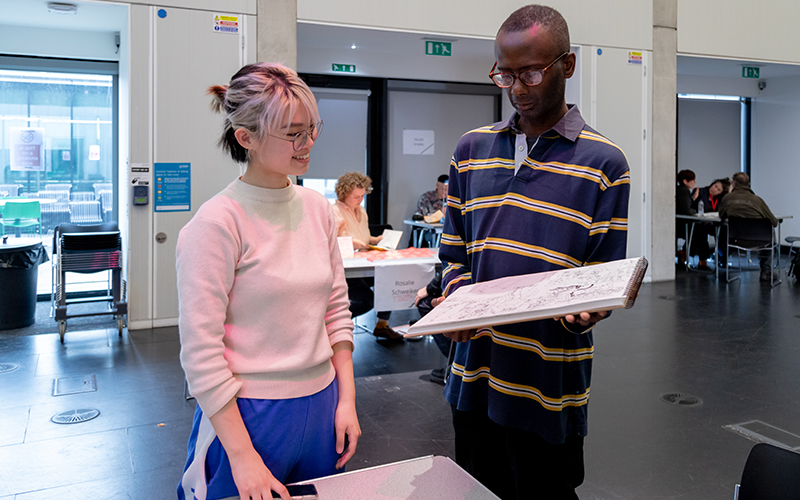
Influencing policymakers
The project is also aiming to influence policymakers, for example large exhibition curators.
Policymaking at the moment doesn’t always include consultation with groups and it’s not very open to people’s actual experiences.
It doesn't mean that they don't have necessarily good intentions, but policy can often include problematic language which also then makes it difficult to challenge and or enact.
The creative outputs from the project, in the form of participatory works of art, will be reviewed against participating organisations’ equality, diversity and inclusion policies, creating an evergreen model so policies don’t become dated.
For example, this could be working with participants to turn an organisation's EDI policy into spoken word, as a way of introducing poetry into the language of policy, or redesigning exhibition spaces to embrace and celebrate child rearing.
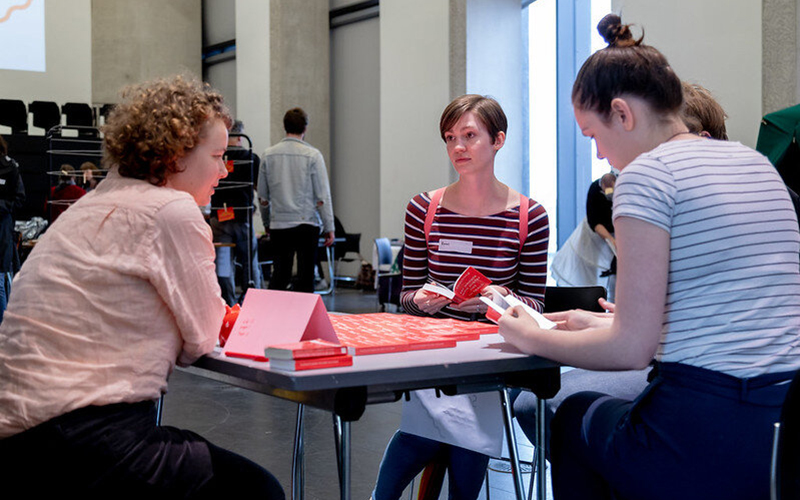
We are expanding and changing our dialogue of who we are very rapidly as a society, so these policies need to be updated constantly with new ways of thinking about who we are coming forward.
The project also aims to give socially engaged artists the opportunity to become advocates for equality, diversity and inclusion within the visual arts sector.
To be able to say not only are you going to be listened to and heard and included, but we're going to aim to rewrite ways of working based on your feedback, that's a very powerful invitation, to be represented and to matter.
With the anticipated re-opening of arts and cultural venues, we are encouraging solutions across the cultural sector with SAFEDI, because it’s not just about one artist, one community group, the one institution that might adopt the one or two policies. They can become examples for everyone.
There’s something really powerful in what the outcome of SAFEDI could be, from paper recommendations to physical changes. It deeply reflects and responds to the moment that we’re living in.
Professor Amanda Ravetz led a Knowledge Transfer Partnership (KTP) in 2017 working with Axisweb to create the first online validation system to champion the role of socially engaged artists, who work outside the gallery, and their value to society. This was inspired by previous research which found there was no accepted validation model for socially engaged artists, meaning their skills and expertise weren’t visible and the voices of community members weren’t being heard
Building on this research, Professor Ravetz was recently awarded with an EDI fellowship funded by Arts and Humanities Research Council (AHRC) as part of a new pilot scheme. Working in partnership with Axisweb, Social Art Network (SAN) and four artist scholars, Dr Anna Macdonald, Dr César Cornejo, Dr Kai Syng Tan and Dr Patrick Campbell, from the Department of Art and Performance at Manchester Metropolitan, the Socially Engaged Artists for Equality Diversity and Inclusion (SAFEDI) fellowship will explore the barriers to culture and creativity in visual arts. Socially engaged artists will work with underrepresented communities to create participatory artworks focused on issues of cultural access, which will be reviewed against participating organisations’ equality, diversity and inclusion policies.
Professor Ravetz and R.M. Sánchez-Camus, Social Producer at Axisweb and Social Art Network (SAN), discuss why this project is relevant now at a time when arts and cultural organisations are looking to attract audiences again.

